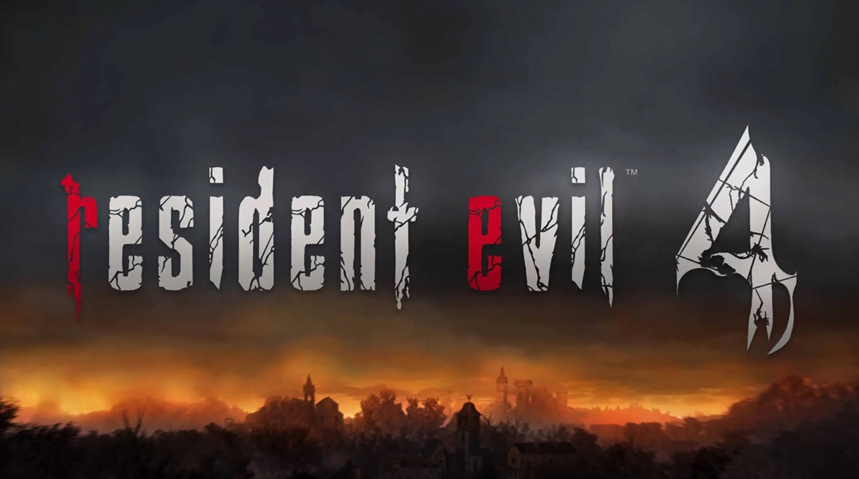by Chad Dufall
In recent years, the video game industry has increasingly relied on remakes, remasters, and sequels as the primary AAA content. With the launches of titles like “The Last of Us Part I,” “Dead Space,” “Resident Evil 4″and the upcoming release of “Splinter Cell,” it’s worth asking: is this trend beneficial for gamers and the industry? What are the differences between remasters and remakes? Are sequels just lazy development? Should we expect more new IPs?

Remake vs. Remaster: Key Definitions
Remaster
In the music industry, a remaster refers to creating a new master recording for an album. Similarly, in cinematography, a remaster typically involves porting a recording from an analog medium to a digital one, upscaling it to modern standards such as 4K or 8K resolution. In the gaming industry, remastering is more complex due to outdated graphics and rendering engines. A video game remaster updates the ambiance and design to suit more powerful consoles while heavily relying on the original source code.
Remake
A remake involves building a game from the ground up, sometimes using the original source code. Unlike remasters, remakes often feature significant changes in mechanics, level design, voiceovers, cutscenes, and more to meet contemporary standards. The “Resident Evil 2” remake, for example, is widely regarded as the gold standard, maintaining the original’s essence while revamping nearly every aspect of the game.

Are Remasters Good for the Industry?
Cost
Remasters typically have shorter development cycles and require fewer resources, which ideally should translate to lower costs for consumers. However, this is not always the case, as seen with the full-priced “$70 The Last of Us Part I” remaster.
Quality
Remasters should theoretically offer quality experiences since they are based on already successful games. Yet, some remasters, like “GTA The Trilogy,” have fallen short of expectations, indicating a lack of effort and care.

Should We Demand Remakes?
Remakes can be nostalgic and transformative, offering modern twists on beloved classics. However, they come with higher development costs and risks, albeit lower than new IPs. The quality of recent remakes has been high, which has bolstered consumer trust. Successful remakes, such as “Resident Evil 2” and “Dead Space,” have proven that remakes can offer substantial improvements and new experiences while retaining the essence of the original games.
The Case for New IPs
Since the launch of the latest console generation, new AAA IPs have been scarce. The high risks and costs associated with new IP development have deterred many publishers. However, innovation and the next big hit will always come from new IPs. While recent attempts like “Forespoken” and “Gotham Knights” have struggled, new IPs are essential for the industry’s growth and evolution.

The industry should balance remakes, remasters, and new IPs. While remakes can be excellent and remasters can offer improved experiences, new IPs are where true innovation lies. Gamers should demand quality and hold developers accountable, ensuring that the industry continues to evolve and deliver fresh, exciting content.
So, what should we be asking for? New IPs should be at the top of our list to drive industry innovation and bring the next big thing to life.
